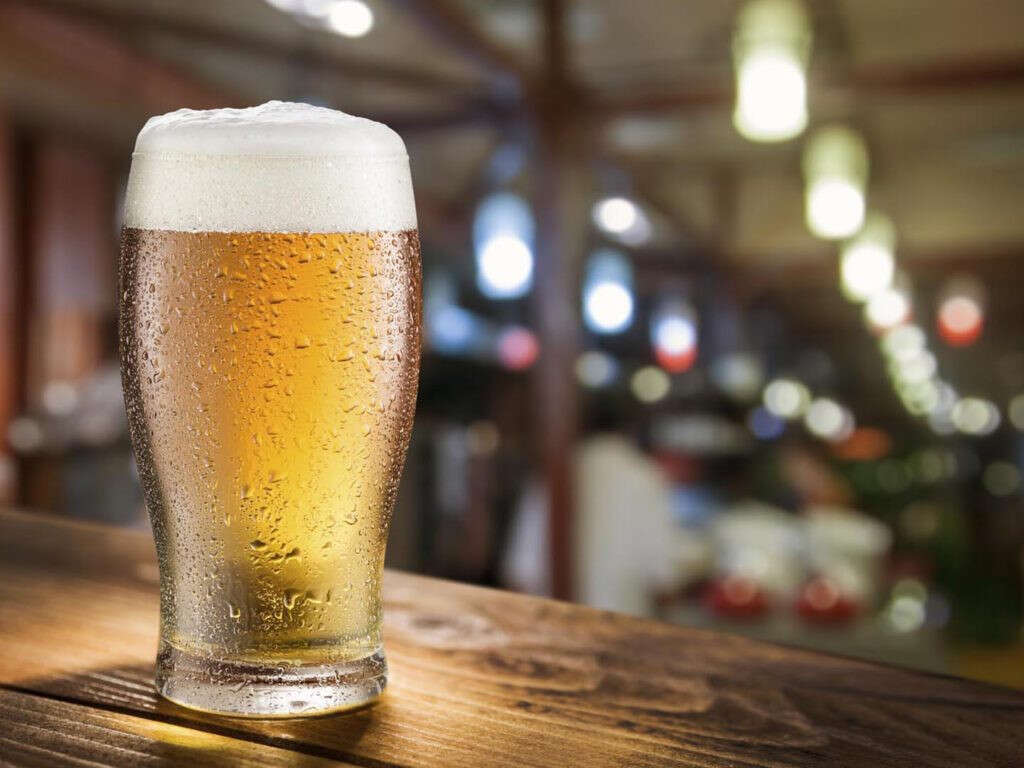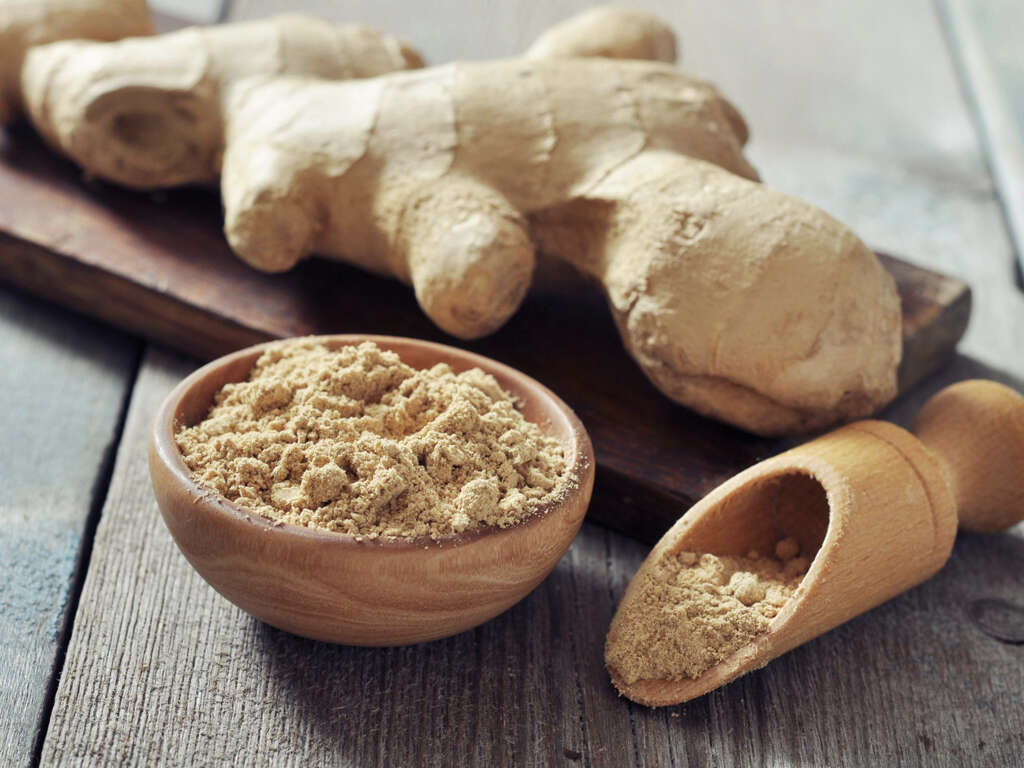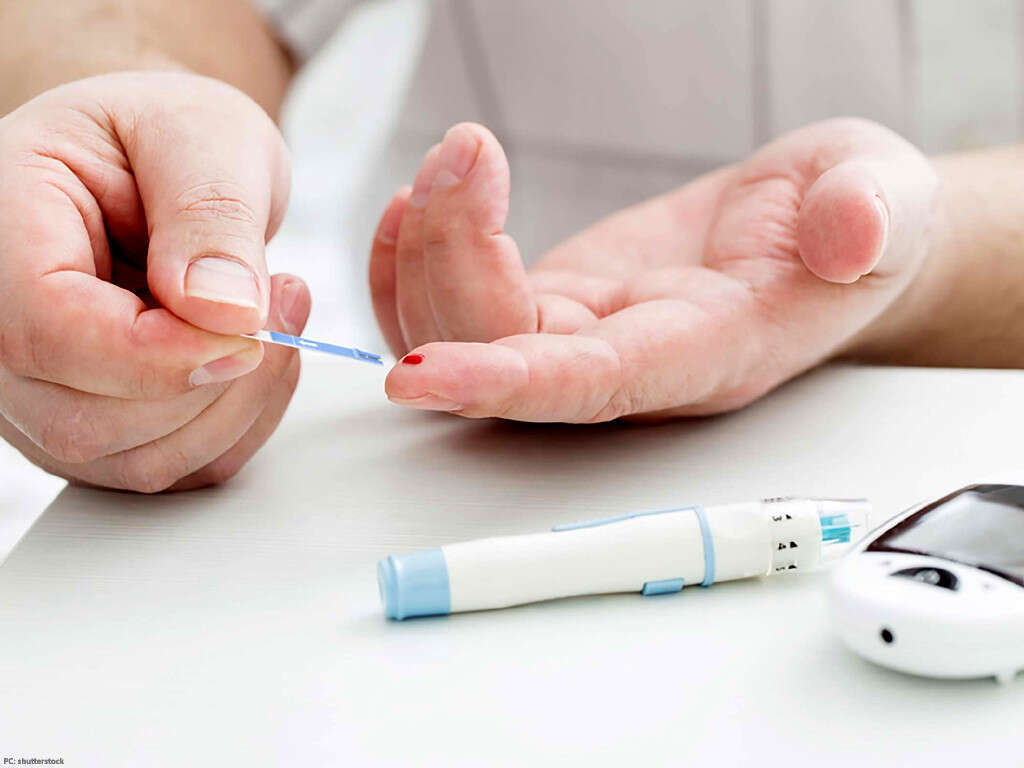10 Foods To Avoid for Gout Diet
Gout is known in history to be associated with overeating meats and alcohol among the wealthiest people. Gout is a painful form of arthritis which occurs when high levels of uric acid create crystals that get caught and accumulate in the joints. Uric acid is produced from purine and is eliminated from the body in urine. When purine breaks down, it turns into uric acid. Purines are found naturally in certain foods, which can be avoided to prevent gout flare ups from occurring.
A gout diet helps in decreasing uric acid build up within the joints. Although this is not a cure, it lowers the risk of experiencing a gout attack. Eliminating all foods that had moderate amounts of purine may be difficult to follow. Another component to avoiding a gout attack is medication. This can be used to manage pain and lower levels of uric acid within the body.
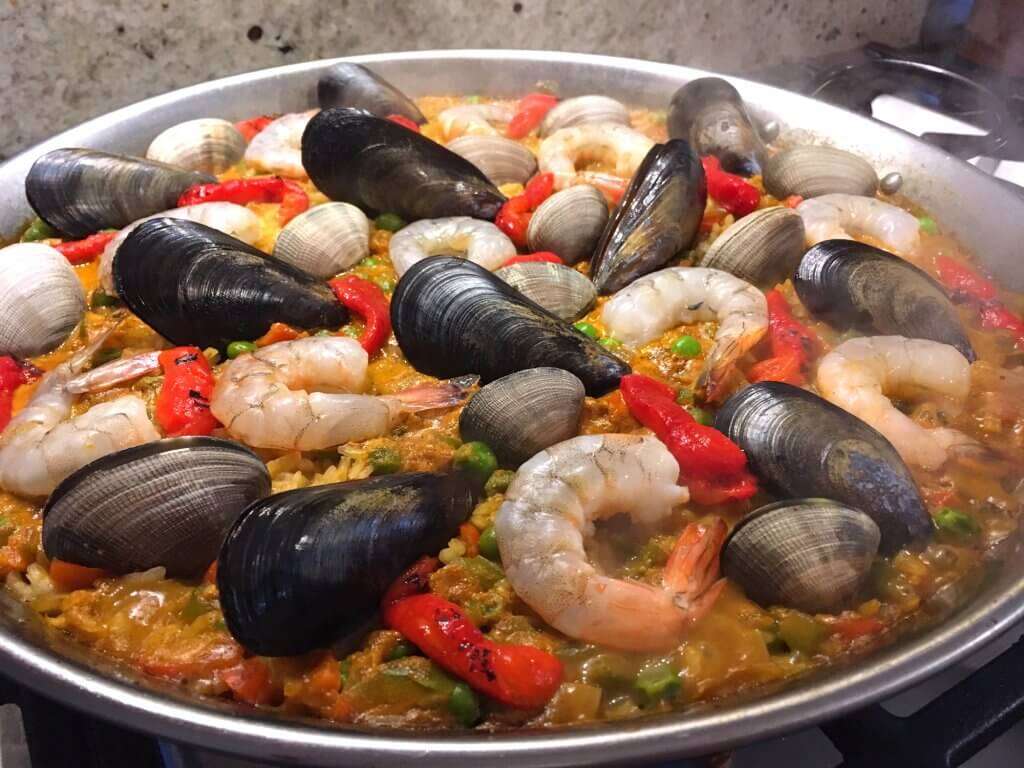
Gout Diet Food to Avoid #1: Beer
Beer contains large amounts of purines and is strongly associated with increasing the risk of experiencing a gout attack. One study suggests that people who consume beer daily were 1.5 times more likely to have gout compared to those who do not consume alcohol regularly.
Beer gets the bulk of its purine content from brewer’s yeast, which is three times higher than baker’s yeast. Brewers yeast is also taken as a dietary supplement because it is high in proteins and minerals, which is dangerous for those at risk for gout. About 20% of the protein in yeast is in the form of purines, making this an extremely poor choice of beverage for someone who has experienced a gout attack before.
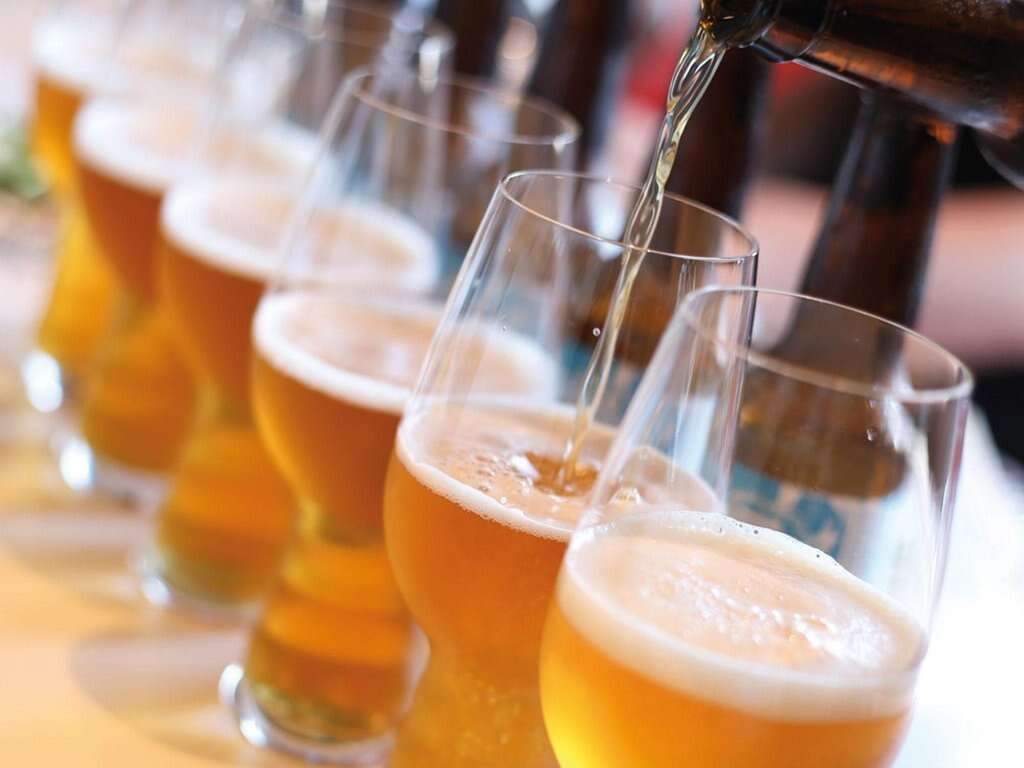
Gout Diet Food to Avoid #2: Alcohol
Although beer is the worst drink for gout, any alcoholic beverage is not beneficial for those with gout. It can trigger symptoms in people who are prone to the disease. Alcohol causes the kidneys to excrete alcohol instead of uric acid, which increases the amount of uric acid in the blood.
Compared with people without gout, those who do have gout tend to drink more alcohol. Research suggests that men who drink alcohol daily have twice the risk of developing gout as a disorder as men who did not drink alcohol daily. Beer drinkers increased their risk by 50% for every daily serving. Men who drank wine did not appear to increase the risk of gout.
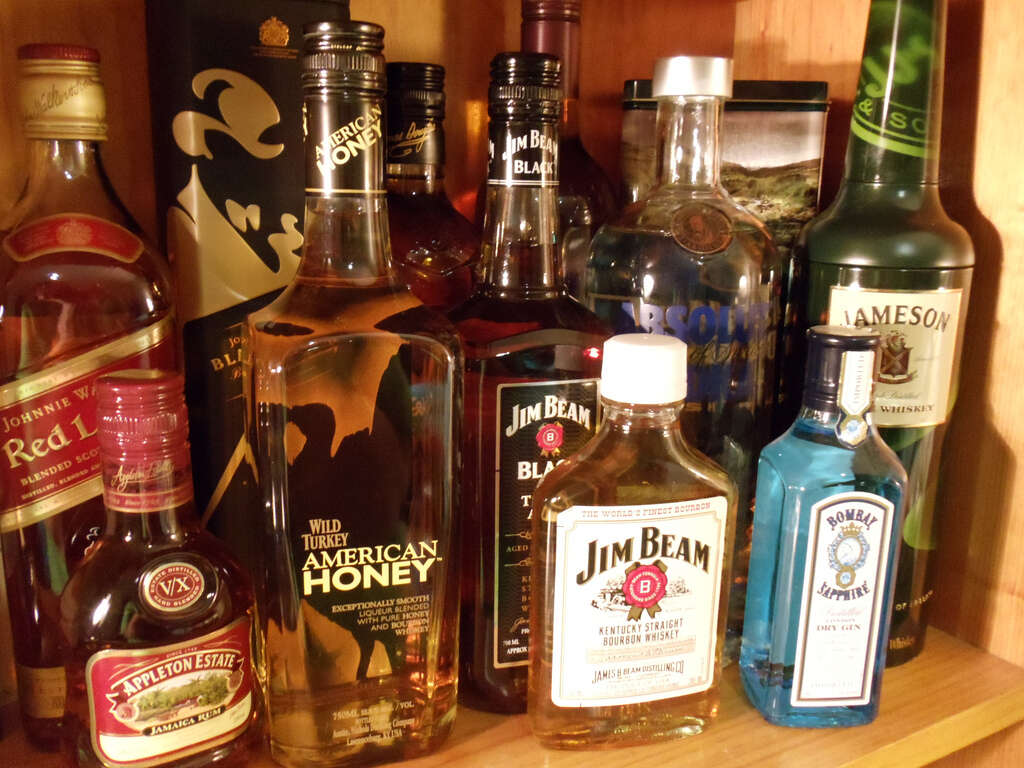
Gout Diet Food to Avoid #3: Soft Drinks
Research suggests that an increased risk of gout comes from sugar-sweetened beverages. This link is relevant to both men and women. Just one sugar-sweetened drink per day can double the risk of developing gout compared to those who do not drink any sugar-sweetened drinks. Sugary sodas are also correlated with obesity and high blood pressure.
Uric acid is filtered by kidneys and excreted through urine. Traditionally, gout prevention focuses on limiting protein rich foods and alcohol. Research, however, suggests that cutting back on soda consumption is just as important in order to prevent future gout attacks. In the United States, the biggest source of calories is soda sweetened sugar. Instead of reaching for soda, choose water instead.
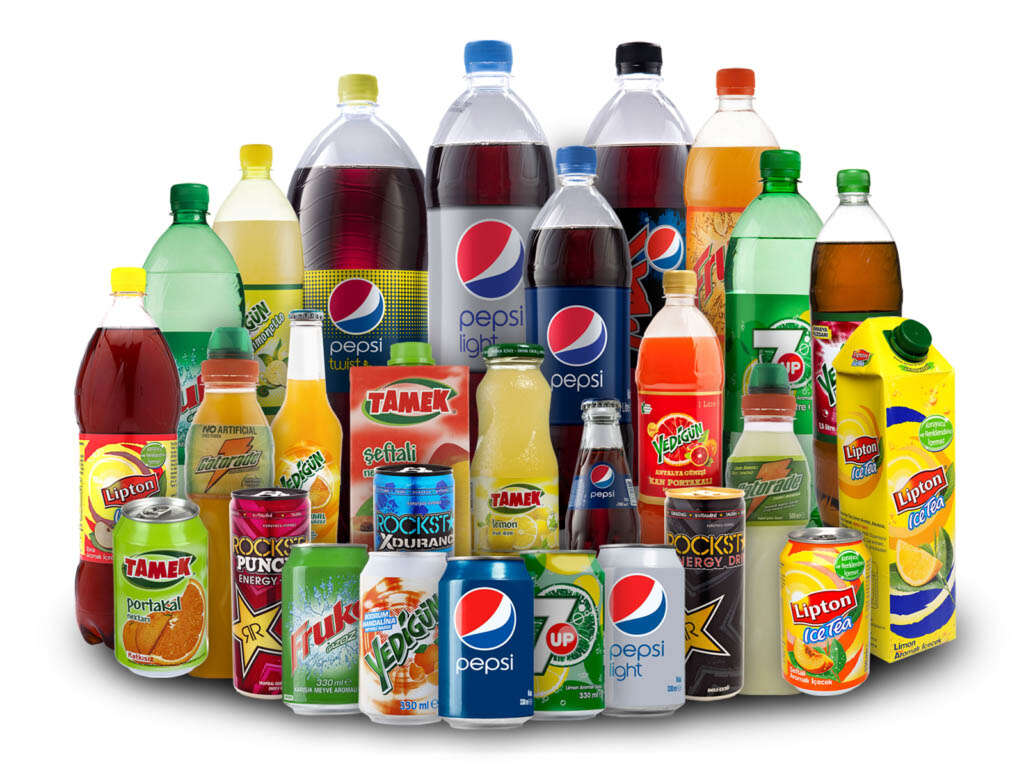
Gout Diet Food to Avoid #4: Orange Juice
Considering that the average American eats 22 to 30 teaspoons of sugar daily, it is important to consider its impact on gout. Many juices that contain added sweeteners increase the risk for gout. Research suggests that there has been some evidence that high fructose fruit juices may be associated with the risk of gout. Fructose is added to drinks, however it is also naturally occurring in orange juice.
As the body breaks down fructose, purines are released. The purines are broken down and produce the uric acid that gets stuck in joints in the form of painful crystals. Research suggests that it only takes minutes for uric acid levels to rise after drinking sugar sweetened beverages.

Gout Diet Food to Avoid #5: Coffee
Symptoms of gout can be exacerbated by drinking excessive amounts of caffeine. One study suggests that gout increased up to 80% in those who doubled their intake of caffeine. A sudden binge on coffee an bring on a gout attack.
Another study suggests that men who drink coffee regularly are at lower risk of developing gout. The study reports that men who drank 5 cups a day appeared to have the lowest risk of gout. Coffee seemed to have caused a reduction in uric acid levels in the blood stream, allowing those who drink coffee to avoid gout better than others.

Gout Diet Food to Avoid #6: Red Meat
When dealing with gout, it is important to avoid meats, especially organ meats, such as liver, kidney and sweetbreads. These have high levels of purine and contribute to increasing levels of uric acid. If you are having a gout flare up, it is important to avoid all foods with moderate and high levels of purine, especially beef.
If a gout attack is occurring, it is considered safe to eat 4-6 ounces of organic, grass-fed beef a few times per week. High quality beef that has not received hormones or antibiotics is best to choose from. The best red meat for gout is from cows that were fed grass, not corn. The grass source should be an organic pasture or from organic hay.
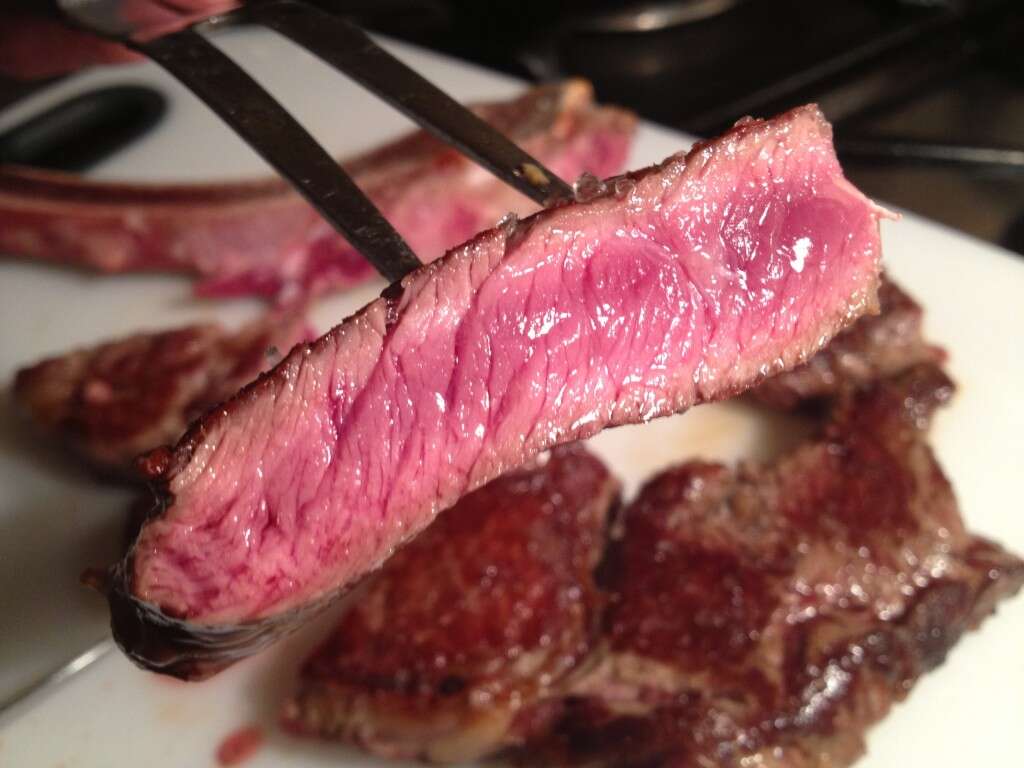
Gout Diet Food to Avoid #7: Turkey
Turkey is high in purines, so it is best to avoid it, especially during a gout attack. Gout-prone people should keep their intake of wild game, especially turkey, to a minimum. Chicken and duck would be a better alternative.
For gout sufferers, chicken as an alternative to turkey has many health benefits, since it is protein packed and fights against bone loss for those who have osteoporosis. Poultry has also been considered heart healthy, since many gout sufferers also have heart problems. Chicken helps suppress and control homocysteine, which is an amino acid that can cause cardiovascular disease if it is high. Chicken is moderately high in purines, you can eat it if you have gout but you should not go overboard.
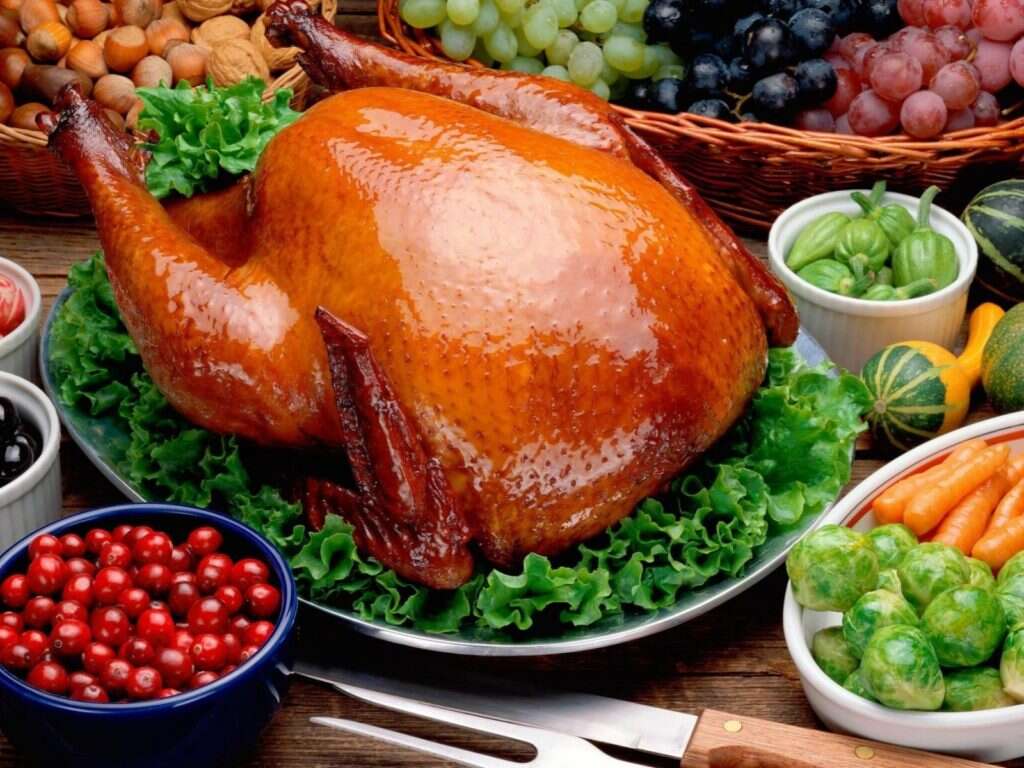
Gout Diet Food to Avoid #8: Asparagus
Asparagus, cauliflower and spinach are higher in purines than most vegetables. If you suffer from gout-attacks, it is important to keep this in mind and stay away from them during times of flair up. Vegetable-rich diets usually clear purines from the body because the body seems to have an easier time excreting purines from vegetables
On the contrary, there are some studies that suggest that high purine vegetables do not increase the risk of gout recurring. A healthy diet based on high amounts of fruits and vegetables can include high-purine vegetables. Beans and lentils are legumes that are also moderately high in purines, but the study suggests that they are a good source of protein and can be tolerated by those who are susceptible to gout.
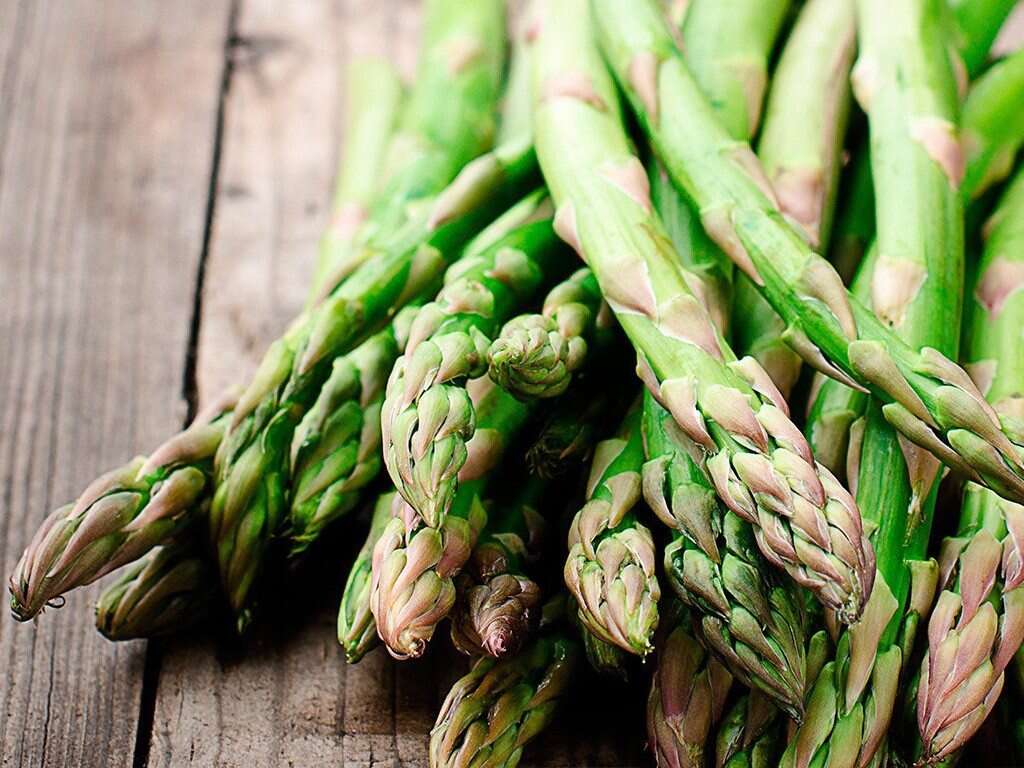
Gout Diet Food to Avoid #9: Liver
Not only is liver high in purines, but when it is broken down, the uric acid develops as a by-product and accumulates in the bloodstream, making it difficult for the kidneys to remove. Eating organ meat causes urate crystals to form within the body, especially in the joints, leading to symptoms of gout.
Organ meats are considered healthy because they are exceedingly nutrient dense. Although organ meats are rich in multivitamins, the amount of purines counter it’s benefits for those who have gout. Organ meats are one of the biggest culprits in developing gout and can trigger a gout attack.
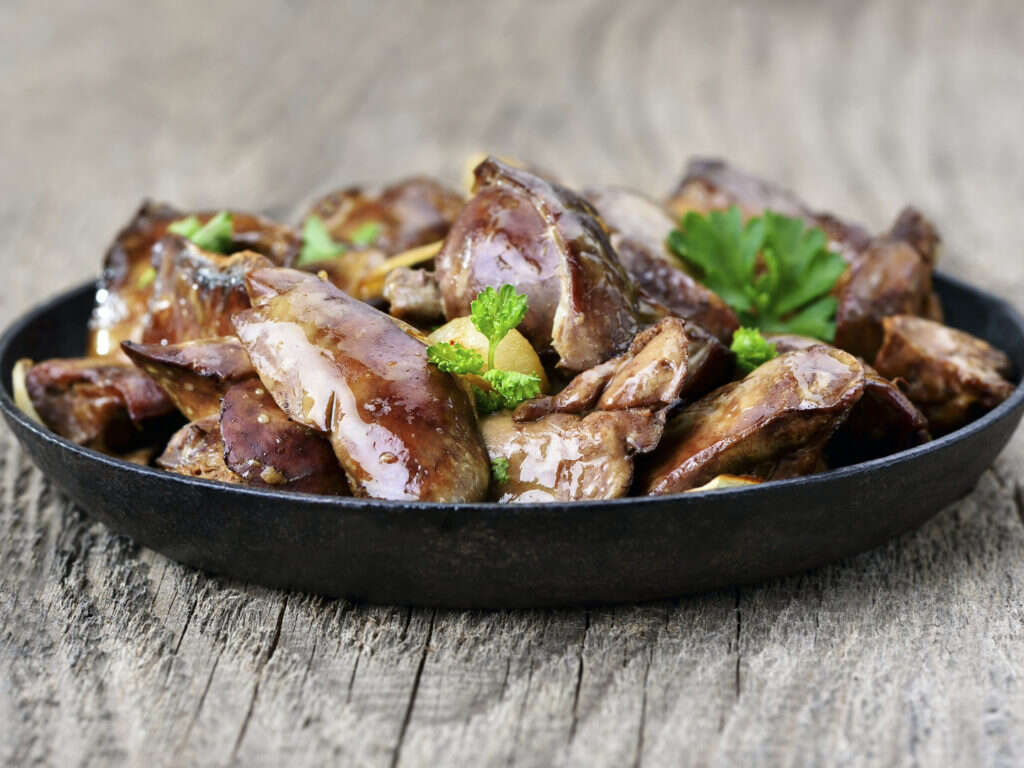
Gout Diet Food to Avoid #10: Seafood
One study suggests that men who eat seafood have 1.51 times the risk of developing gout compared to those men who ate the least amount of seafood. Seafood thus increases uric acid levels by 51%. The worst seafood options of those with gout are considered to be anchovies, haddock, herring, mackerel, mussels, roe, trout, sardines and scallops.
Some research suggests that salmon is an exception and a better choice of seafood for those who suffer from gout. Fish with scales are said to have a less amount of purines, these include salmon, sole, tuna, catfish, red snapper and tilapia.






